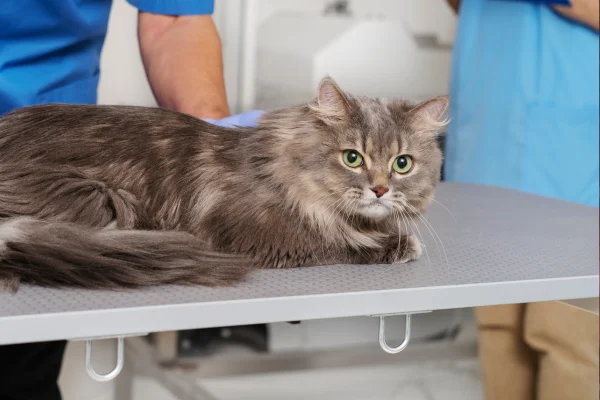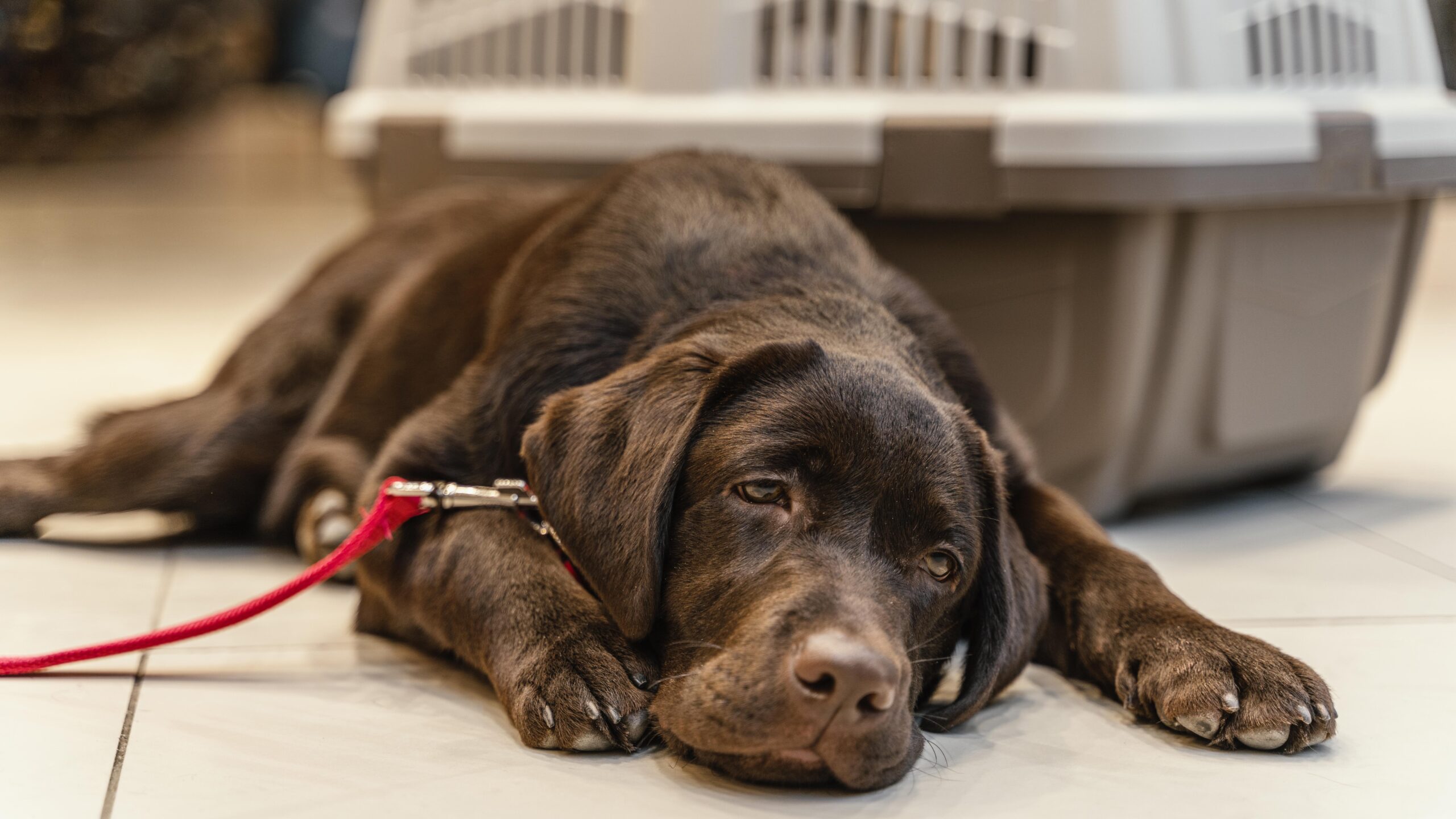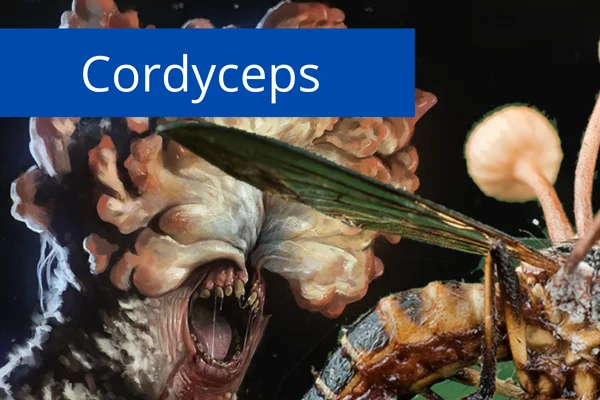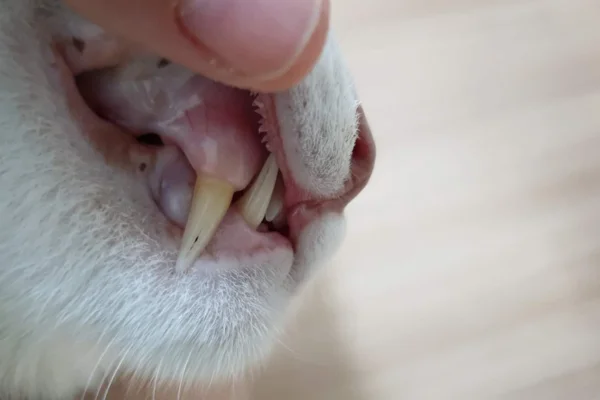Essential Vaccines for Cats: Protecting Your Feline's Health
Keeping our feline friends healthy is a priority for any cat owner. One of the most effective ways of ensuring that our cats are protected against various diseases is through vaccination. In this article, we'll explore which vaccines are essential for cats, why they're important and how they contribute to our pets' longevity and well-being.
The Importance of Vaccination
Vaccines are biological preparations that provide immunity against a particular disease. They contain agents that resemble the microorganisms that cause diseases, allowing the animal's immune system to recognize and combat these threats effectively. Vaccination not only protects the vaccinated cat, but also helps to control the spread of diseases within the feline population.
In addition, vaccination is a crucial component of veterinary preventive medicine. By vaccinating your cat, you are taking a proactive measure to ensure that it stays healthy. Vaccines stimulate the immune system to produce a specific response against pathogens, creating an immunological memory that allows for a quick and effective response in the event of future exposure.
Contents
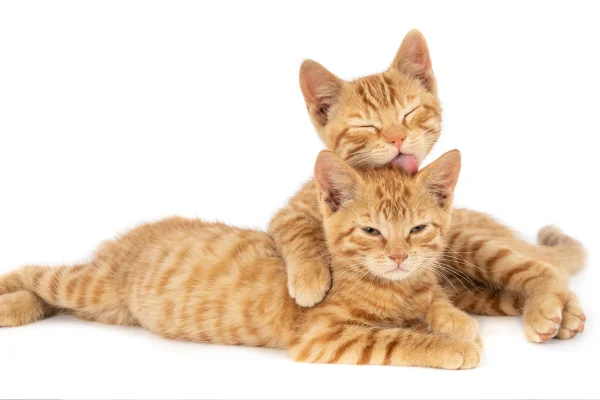
Essential Vaccines for Cats
1. MMR vaccine (V3 or V4)
The triple vaccine is one of the most important and widely recommended for cats. It protects against three serious diseases:
- Feline Panleukopenia: Also known as feline infectious enteritis, it is a highly contagious and potentially fatal disease caused by the feline parvovirus. It mainly affects the gastrointestinal system, causing vomiting, diarrhea, dehydration and, in severe cases, sudden death. Vaccination against panleukopenia is essential, as the disease can spread rapidly in unvaccinated cat populations.
- Feline Viral Rhinotracheitis: Caused by the feline herpesvirus, this disease affects the upper respiratory tract, leading to sneezing, runny nose and eyes, fever and loss of appetite. Rhinotracheitis is highly contagious and can be especially dangerous for kittens and cats with compromised immune systems. Vaccination helps to reduce the severity of symptoms and prevent outbreaks in multi-cat environments.
- Feline calicivirus: Feline calicivirus also affects the upper respiratory tract and can cause mouth ulcers, fever, stomatitis and, in severe cases, pneumonia. It is a common disease in environments with multiple cats, such as shelters and temporary homes. Vaccination against calicivirus is crucial for maintaining cats' respiratory health and preventing serious complications.
The quadrivalent version (V4) of the vaccine also includes protection against chlamydiosis, a bacterial infection that can cause conjunctivitis and respiratory problems. The inclusion of protection against chlamydiosis is especially beneficial in situations where there is a high density of cats, such as in shelters and breeding grounds.
2. Anti-rabies vaccine
Rabies is a deadly viral disease that can affect all mammals, including humans. Although rabies is rare in domestic cats living in urban environments, rabies vaccination is mandatory in many places due to its zoonotic potential. The vaccine protects the cat and helps prevent transmission of the disease to humans and other animals.
Rabies is a disease that affects the central nervous system, causing encephalitis and eventually death. Symptoms include behavioral changes, aggression, excessive salivation, paralysis and convulsions. Rabies vaccination is an essential preventative measure, not only to protect cats, but also to ensure public safety.
3. Feline Leukemia Vaccine (FeLV)
Feline leukemia is one of the leading causes of death in cats. Caused by the feline leukemia virus (FeLV), the disease can lead to a range of health problems, including immunosuppression, anemia and lymphoma. FeLV vaccination is especially recommended for cats that have access to the outdoors or live in multi-cat households, where the risk of transmission is higher.
FeLV is transmitted through close contact between cats, such as licking, biting and sharing food bowls. Symptoms can range from loss of appetite and weight loss to recurrent infections and respiratory problems. Vaccination against feline leukemia can prevent infection and help control the spread of the virus.
The Vaccination Scheme
Kittens
The vaccination schedule for kittens usually begins between six and eight weeks of age. Vaccines are administered in a series of initial doses, followed by periodic boosters throughout the cat's life.
- 6-8 weeks: First dose of triple vaccine (V3 or V4)
- 12 weeks: Second dose of the triple vaccine
- 16 weeks: Third dose of triple vaccine and first dose of rabies vaccine
- 20 weeks: First dose of FeLV vaccine (if recommended)
Adult Cats
For adult cats who have never been vaccinated, the vet may recommend an initial series of two to three doses of the core vaccines, followed by annual or tri-annual boosters, depending on the cat's lifestyle and risk of exposure to disease.
Indoor Cats vs. Outdoor Cats
The cat's lifestyle influences vaccination recommendations. Cats that have access to the outdoors are exposed to a greater risk of contracting infectious diseases and may therefore need additional vaccinations or more frequent boosters. On the other hand, cats that live exclusively indoors have less risk of exposure, but still need basic vaccinations to protect against diseases that can be introduced into the home environment.
Vaccine Side Effects
Like any medical intervention, vaccines can cause side effects in some cats. The most common effects are mild and temporary, such as low-grade fever, lethargy, pain or swelling at the injection site. Serious allergic reactions are rare, but can occur. It is important to monitor your cat after vaccination and contact your vet if there are any concerns.
In addition to common side effects, some vaccines can cause more severe reactions, such as anaphylaxis, a serious allergic reaction that requires immediate veterinary attention. Despite these risks, the benefits of vaccination far outweigh the possible adverse effects, protecting cats against potentially fatal diseases.
Conclusion
Vaccination is a fundamental part of preventive health care for cats. It protects against serious and potentially fatal diseases, contributes to public health and helps ensure a long and healthy life for our feline friends. Regular visits to the vet and following the recommended vaccination schedule are essential to maintaining your cat's well-being. Remember, your cat's health is in your hands, and vaccinating it is one of the most effective ways of protecting it.
Investing in your cat's preventive health through vaccination not only improves the animal's quality of life, but also gives you peace of mind, knowing that you are doing everything in your power to protect your furry companion. By ensuring that your cat is up to date with its vaccinations, you are contributing to a healthier and happier community of animals.
Therefore, when adopting a new kitten or caring for an adult cat, consult your vet about the best vaccination schedule. Every cat is unique, and your vet can provide personalized recommendations based on your pet's specific needs. With proper care, love and attention, your cat can enjoy a long, healthy and happy life by your side.
Thanks for stopping by, check out our other work too
https://vettopbr.com/tosse-em-caes/

